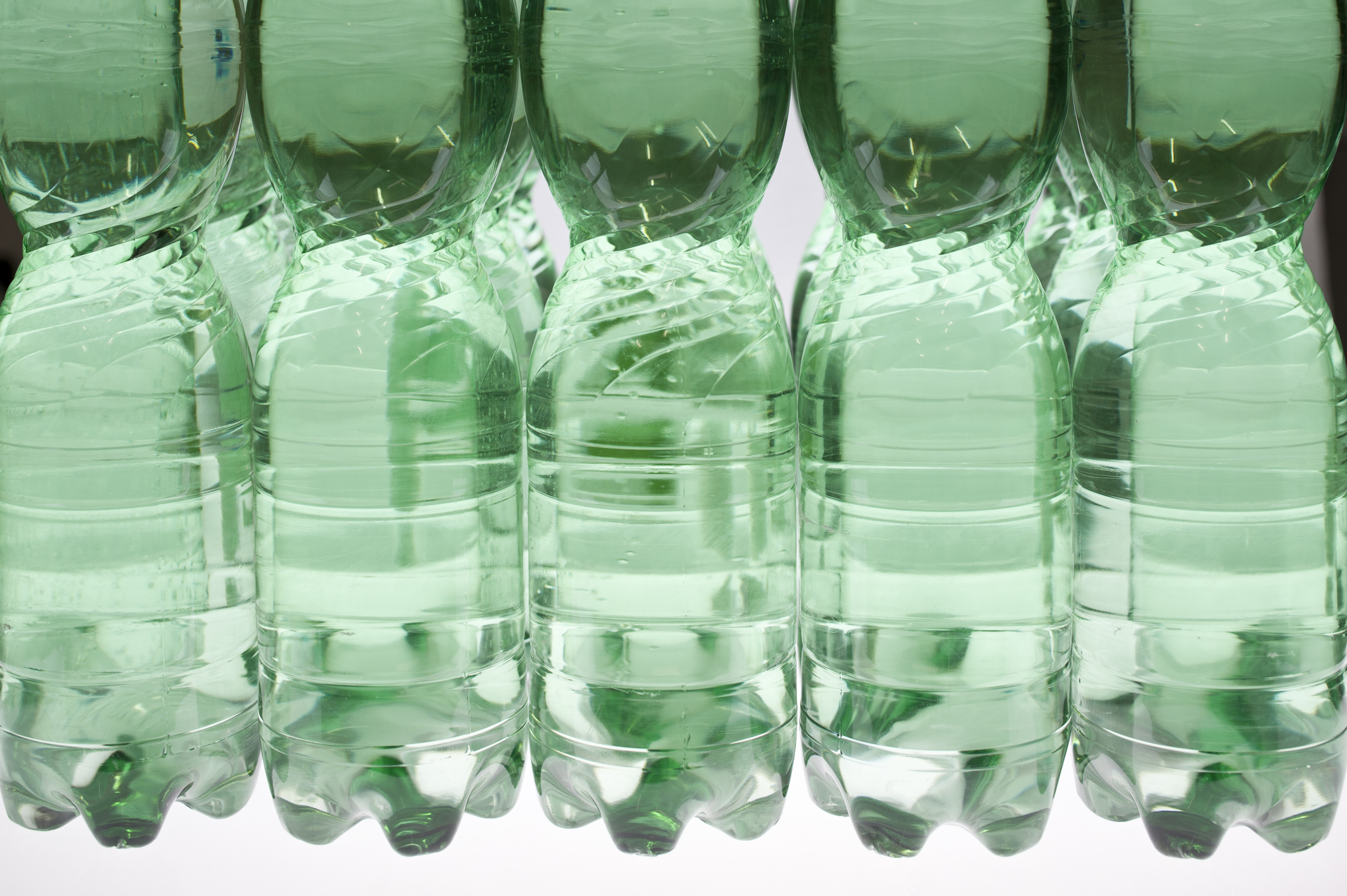Washington Fines 23 Plastic Manufacturers $277,000

According to an official announcement from the Washington Department of Ecology, 23 plastic product manufacturers have been fined a total of $277,000 for failing to meet state-mandated requirements for using recycled materials in their products.
The penalties stem from Washington’s 2021 law requiring specific levels of post-consumer recycled content in single-use plastic beverage containers and trash bags. As reported by the Department of Ecology, the fines were calculated based on how much plastic each company sold within Washington in 2024, and how far short they fell of the statutory recycled content thresholds.
Under the law, producers of plastic trash bags must include at least 10% recycled content starting from 2022, while beverage container manufacturers are required to meet a minimum of 15%. These thresholds are set to increase over time, with trash bag requirements rising to 15% in 2025 and additional product types becoming subject to the rules.
Individual fines ranged from as low as $194 to as high as $54,868, depending on the level of non-compliance. According to Ecology officials, companies have the option to reduce their penalties by entering into a Corrective Action Plan after receiving an initial Notice of Violation.
“Several producers made applaudable gains last year increasing their recycled content in spite of not reaching the required minimum amount,” said Peter Lyon, Solid Waste Program Manager at the Department of Ecology. “These and other producers will need to expand those efforts in the coming years as the law continues to cover a wider range of products with increased minimum recycled content requirements.”
According to Ecology's official website, by 2036, the law will apply to a wide range of consumer packaging, with a mandated minimum of 50% recycled content for covered products.
This is the second consecutive year that Washington regulators have issued such penalties. In 2024, the Department imposed over $416,000 in fines against 35 companies for similar violations, signaling the state’s growing enforcement efforts to promote circular economy practices and reduce plastic waste.






